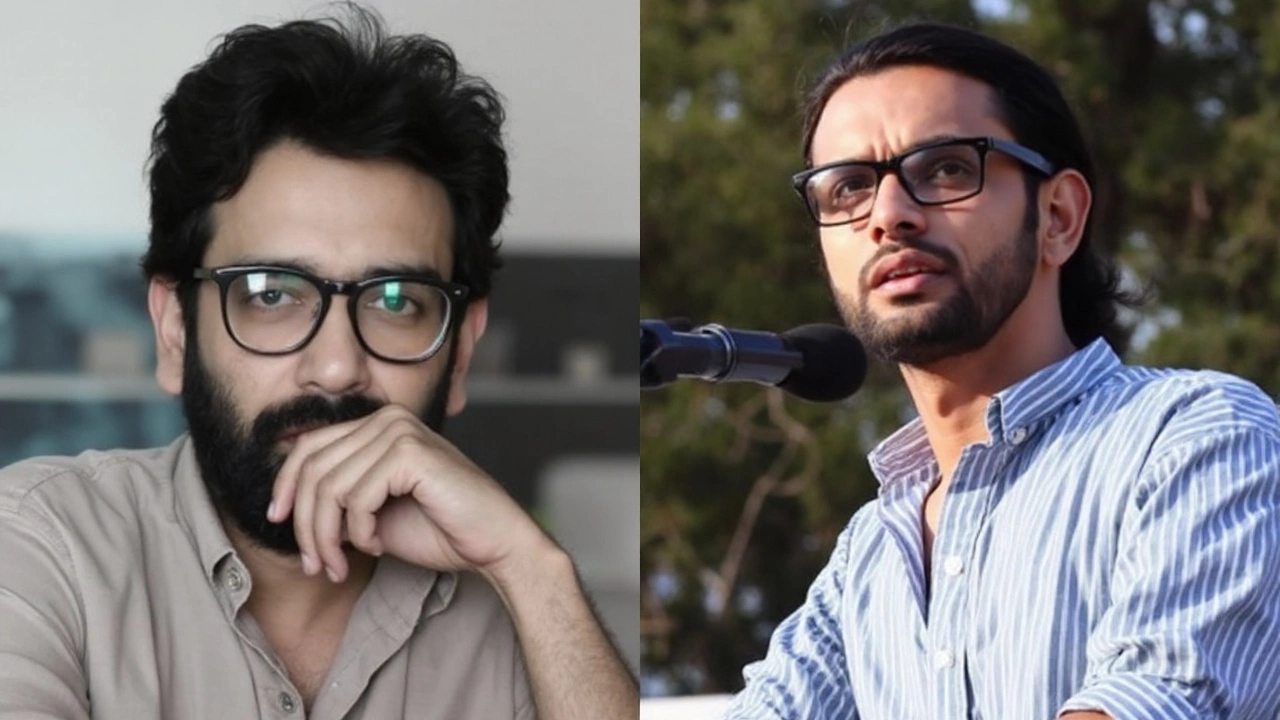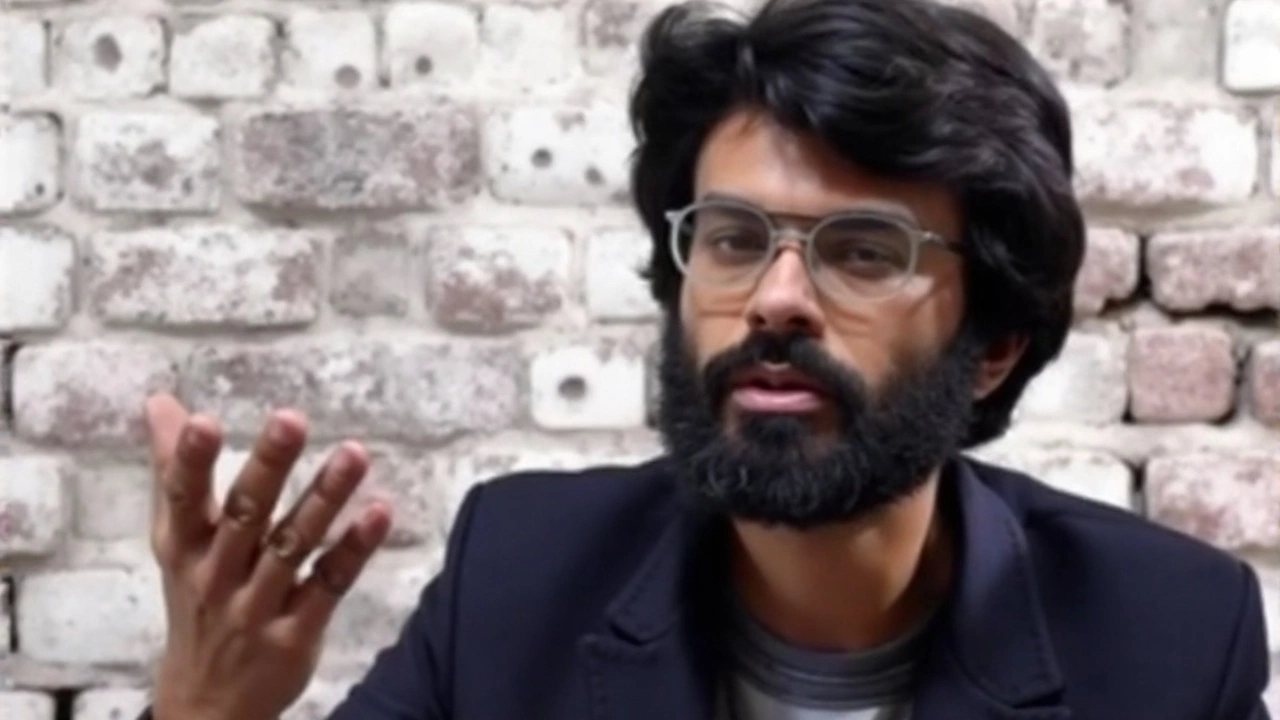Delhi High Court keeps Jamia case moving, refuses to halt trial court order
The Delhi High Court has declined to stay a trial court order in the Jamia violence case involving Sharjeel Imam, signaling that proceedings in the lower court will continue for now. The request before the High Court was to pause the operation of a trial court decision tied to one of the FIRs arising from the December 2019 unrest around Jamia Millia Islamia. With no interim relief granted, the matter remains alive in the High Court, but the trial court’s schedule is not frozen.
What exactly does that mean in practice? In simple terms, when a High Court refuses a stay, it allows the process in the trial court—such as hearings on charge or other procedural steps—to carry on. The High Court can still examine the petition on merits later, seek responses from the State, and pass directions. But unless there is a stay, the case at the trial level doesn’t pause.
The detailed order was not immediately available in the public domain, but the signal is clear: the bench is not inclined to halt the lower court’s work at this stage. That keeps the Jamia violence case on track while the larger legal fight over the scope of charges and procedure continues in parallel.
The Jamia case sits within a wider legal thicket that grew out of the Citizenship (Amendment) Act protests. In December 2019, protests near Jamia Millia Islamia turned violent. Multiple FIRs were registered, with charges commonly including unlawful assembly, rioting, and damage to public property. Police have alleged that Imam’s speeches and messaging contributed to the unrest. He has consistently denied wrongdoing, saying his speeches called for peaceful protest and political mobilization against the CAA.

Background, charges, and what’s next
Imam’s legal exposure spans more than one case. Alongside the Jamia violence FIR, he is an accused in the Delhi Police’s larger conspiracy case linked to the 2020 Delhi riots, which invokes the Unlawful Activities (Prevention) Act. His bail pleas in that conspiracy case have faced setbacks in the trial court, and he remains in custody there. Separately, sedition cases tied to his speeches have been affected by the Supreme Court’s 2022 order keeping Section 124A (sedition) in abeyance nationwide; that pause, however, does not automatically change the UAPA or Jamia FIR proceedings.
Why would a High Court hold back on a stay? Courts usually look for a clear prima facie case, the balance of convenience, and the risk of irreparable harm before freezing a lower court’s order. If those tests aren’t met—or if the court wants a fuller record before intervening—it can decline to grant interim relief. That’s not a final verdict on the petition; it just means the trial court can continue with the next steps.
For Imam, the practical impact is immediate. The trial court in the Jamia case can keep moving—whether that means arguments on charge, decisions on applications, or scheduling of evidence later on. For the High Court, the next step is typically to consider responses from the prosecution and then take a call on the petition’s merits. For the defense, the focus is on narrowing charges, challenging the use of riot-related provisions, and keeping the Jamia case from overlapping unfairly with the larger UAPA conspiracy case.
The Jamia proceedings also matter beyond one courtroom. The cases from the 2019–2020 protest period have become a test of how police built their evidence, how courts treat speech at charged political moments, and how long pre-trial custody can last in complex investigations. The Supreme Court’s pause on sedition proceedings changed the landscape in some files, but it didn’t remove the UAPA or riot-related charges that continue to drive custody and trial timelines.
What should we watch next? Three things. First, whether the High Court issues a detailed order setting out why the stay was declined and what questions it wants answered on merits. Second, how quickly the trial court moves on the Jamia FIR—especially any order on charge. Third, whether developments in the UAPA conspiracy case, including any future bail hearings, alter Imam’s overall custody status. Any of these could shift the pace and shape of the proceedings in the months ahead.
